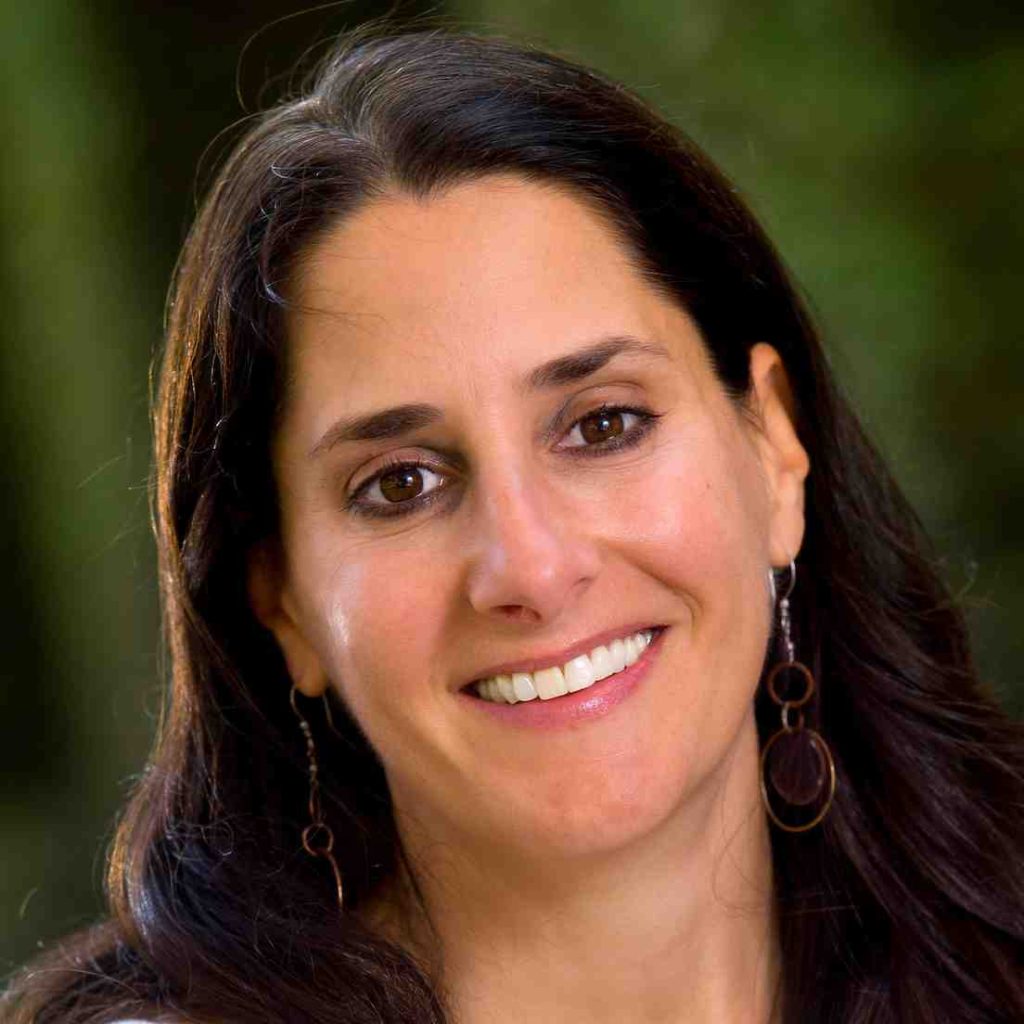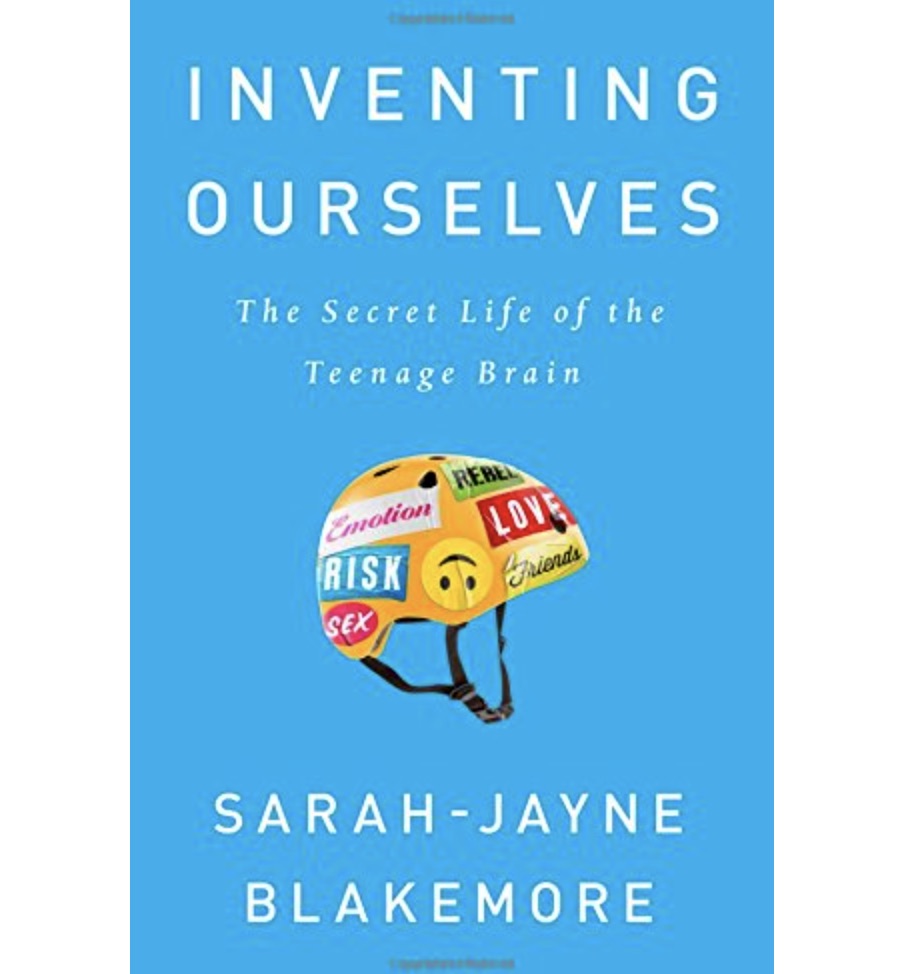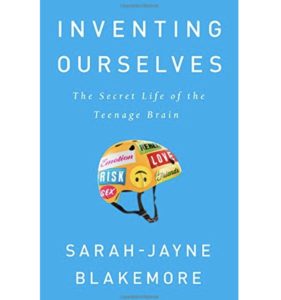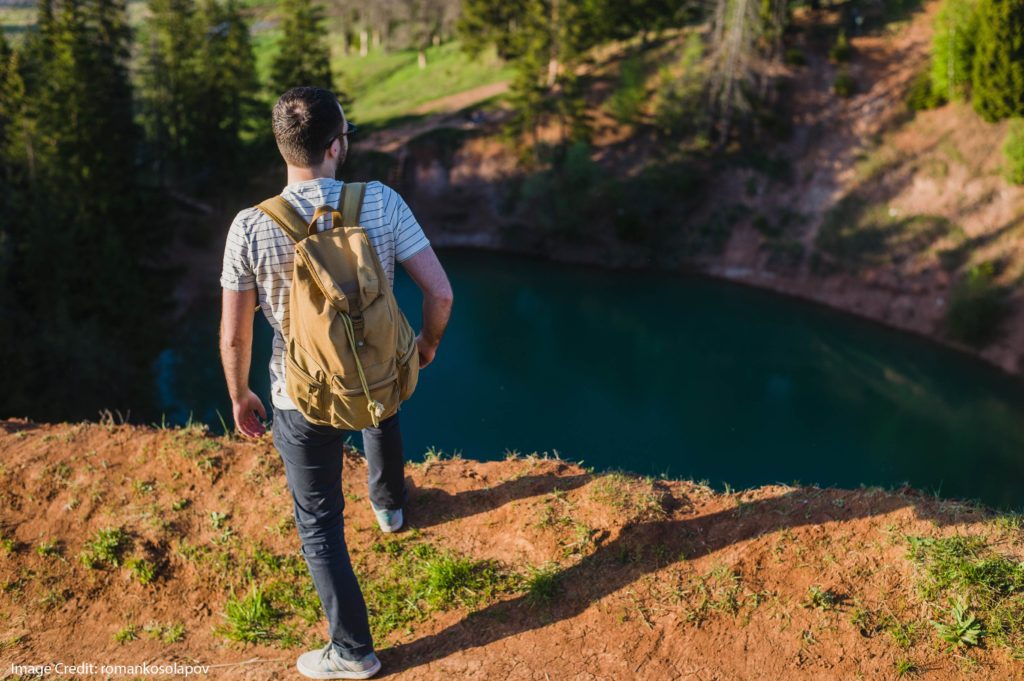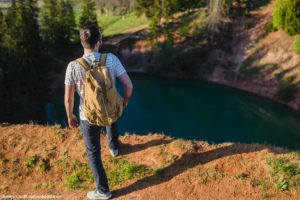The more teachers learn about neuroscience and psychology, the more we admire Dr. Mary Helen Immordino-Yang.
Unlike most researchers, she has spent time as a classroom teacher.
And, her extensive research—in both neuroscience and psychology—offers us wise perspectives on our craft.
For instance, she has zealously emphasized the inextricable connection between emotion and cognition—although we live in a society that wants to keep the two apart. As she has shown in her books and articles, we can’t think deeply about thinking without understanding the importance of feelings.
Thinking and feeling aren’t two different things. They’re names for distinct perspectives on the same thing.
(You can check out her essay in Mind, Brain, & Education: Neuroscience Implications for the Classroom, edited by David Sousa.)
More recently, working with Linda Darling-Hammond and Christina Krone, Dr. Immordino-Yang has published a lucid and practical summary of our field. In 20 jargon-free pages, she makes a strong case for focusing on development as an essential variable in schools and in learning.
You can download The Brain Basis for Integrated Social, Emotional, and Academic Development here.
That’s a mouthful of a title. But it synthesizes an impressive range of complex and vital topics: age-appropriate teaching strategies, neural development across the lifespan, epigenetics, even cultural well-being.
As an introduction to The Brain Basis, I interviewed Dr. Immordino-Yang. This transcript is edited for clarity and brevity.
Andrew:
You’ve packed a lot of information into this document. What’s your goal in putting it all together this way?
Mary Helen:
I wanted to tell a story about what it means to be a human being.
From there I thought we could think back to retrofit what are we doing in schools to support the development of our full humanity.
And so I aimed to tell a story of many fields—of biological, genetic, developmental, and cognitive research that would help people understand why human development and learning are so closely tied together.
Schools really can no longer ignore the new evidence about human development in thinking about our aims and our strategies in educational environments.
Andrew:
A big chunk of this brief talks about different developmental stages, and the appropriate educational strategies to use during each one.
Where you get the most pushback? What are people most surprised about?
Mary Helen:
One of the things that people have been very surprised about, and where I get a lot of pushback, is in adolescence. I talk about adolescence being a fundamental time of plasticity—but also of vulnerability.
And this means that teenagers really need deeply supported opportunities to explore alternate identities: scholarly ways of thinking and being, social ways of thinking and being.
This is a time when kids can develop very deep interests, and connect those interests to their world—how it is now, how it has been in the past, and how it could be different in the future– like they never have been able to do before to the same extent.
Schooling needs to capitalize on that. Yet we really do not in the way that standard schools are designed. In fact we directly undermine that kind of agency, that kind of exploration of self and ideas that’s just fundamental to adolescence.
Andrew:
In schools, I’m guessing that would mean more electives, fewer requirements. You’d like more open-ended, freeform opportunities for high school students?
Mary Helen:
Well, yes. But all that in the context of very strategic support and close relationships, in addition to intellectual and social opportunities to really get invested in important work: more like an apprenticeship model of schooling in adolescence, as compared to a didactic transfer model.
There are schools doing this extremely well. They tend to be schools built for kids one step away from failing out of society, though.
For example: The New York Performance Consortium Schools got special dispensations to not have standardized testing. Instead they do performance-based portfolio work as a graduation requirement.
These students were mostly at risk of failing [in their prior schools]. And then lo and behold, when you redesign their educational experience so it’s more of this apprenticeship model—students focus on broad, relevant problems—they begin to think in scholarly ways. They develop deep understanding and explore innovative solutions.
These kids go on to college at far higher rates. They’re graduating college. They’re just ever so much more engaged than their peers.
We’ve got this misunderstanding that when kids are doing poorly and flailing around, you want to double down on discipline. You want to straighten them out and get them on the straight and narrow. Control them first, and then you can teach them.
In fact what you need to do is offer them opportunities to really utilize the energy that they have, and to question and rethink their ideals, to build their deep desire for inventing themselves. And give them a creative, scholarly, structured outlet in which to productively explore that.
Andrew:
And, as you say, that makes a lot of developmental sense.
Let’s change gears. This document talks about three essential brain networks: the Executive Control Network, the Default Mode, and the Salience Network.
This is essentially a neuroscientific way of thinking about learning.
Another approach is the psychological approach: let’s think about motivation, let’s think about attention, let’s think about working memory.
When you talk with teachers about this neuroscientific approach, does it deepen their understanding of the psychological framework? Does it conflict with it? Does it confuse it?
Mary Helen:
I think it really does [deepen their understanding]. I hope it does. My aim was to teach educators about the dominant models of brain development right now.
There are hundreds and hundreds of studies demonstrating how these networks work. And those networks had really not been explained to educators to this point.
What you notice about them is: none of them is emotional or cognitive. These networks are both [emotional and cognitive] all the time. No one of them is the social network. They all have a role to play in sociality.
Andrew:
In the past you’ve written that there’s relatively little neuroscience that teachers need to know. So this approach is quite a change for you.
Mary Helen:
Well, not really. What I really think people do need to know is about human development. And one of the sources of evidence is neural development.
Understanding the basic functionality of the [neural] system is important for supporting the development of the person.
And don’t get me wrong: in some of the best schools in the world the teachers don’t know diddly squat about brain development.
But they really, really understand what their aim is for their students. They know in a deep way about the kinds of thinking and relating and reflection that they want their students to be capable of.
And in that case you don’t need the neuroscience anymore.
I think we need it in the United States because we have such a faulty model of how learners learn, and what to do when they’re not doing as well as we would like.
I’ve written several papers about the default mode network for example. We in education are potentially undermining the development of deep thinking, deep understanding, deep integration of content because of our overly task-oriented focus.
We shift people into an outwardly directed task-oriented state too much at the expense of reflection and synthesis that happens internally in a narrative constructive process.
Andrew:
So much of our vision of good teaching is a kind of a performance. It’s external, it’s what the students are doing.
Mary Helen:
That’s right. It’s about what you do, it’s not about how you think. And good thinking takes time. It takes skills for reflecting. Those skills are often neglected in our schools.
We have this kind of “frantic productivity model” which is basically a lie about what meaningful accomplishments students are actually accomplishing.
Andrew:
The “frantic productivity model” sounds a lot like schools where I’ve worked.
American education has been battling between constructivism—“inquiry-based” and “project-based learning”—on the one hand, and direct instruction on the other.
Your brief is calling for a truce. You say that these approaches can work well together, and we’re looking for a wise balance.
My question is: as a teacher how do I know when I’ve gotten that balance right? What does that feel like? What does it look like?
Mary Helen:
Yeah, great question.
So here’s the thing: this is where the teaching skill comes in.
And what skill do you need to have? What teaching artistry do you need to have? You need to deeply understand your students, and deeply understand your aim for them.
What’s your intent in the lesson?
Too much of what we do in education is designed around an outcome—a “learning outcome.”
Instead, it should be designed around this question: what are the kinds of mental capacities and habits of minds that students will be practicing?
To balance constructivism with direct instruction, think about the how much more than the endpoint. And then the answer will look really different in different contexts: different kids, different content, different supports and scaffolds, at different times.
At this point, our conversation turned to a description of a specific school focusing exactly on these complex questions and difficult choices.
That discussion was so interesting that it deserves its own blog post. I’ll have that live for you within the month.
